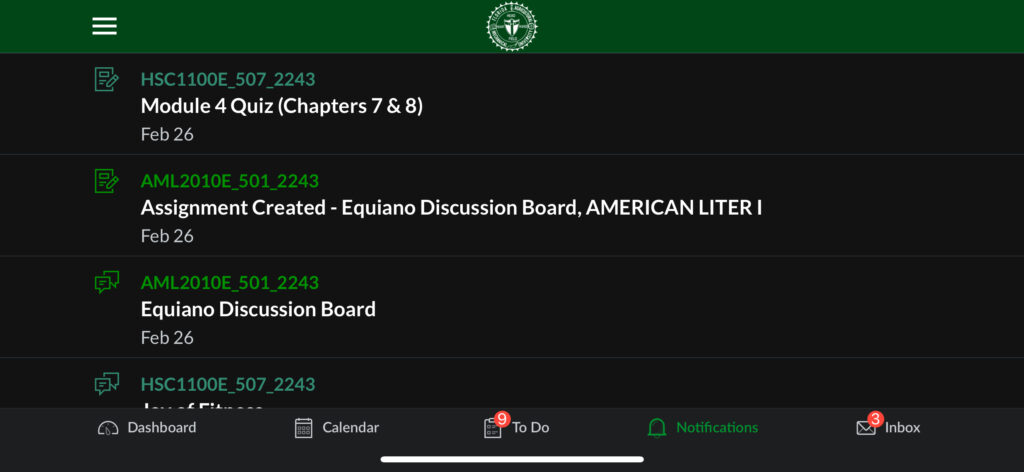
As graduation looms on the horizon, many college seniors find themselves grappling with a mix of emotions: excitement, anxiety and a substantial sense of fatigue.
The transition from eager first-year students to seasoned seniors is often marked by a phenomenon known as senioritis, coupled with the emerging feeling of student burnout.
For Kayla Harrington, a criminal justice major from Prince George’s County, Maryland, the prospect of graduation is undeniably bittersweet.
“In regard to graduation, it feels bittersweet. As I am excited to be finished with this chapter of my life, but I am anxious to see what the next chapter holds for me,” she said.
As the academic demands intensify Harrington finds herself contending with a dwindling sense of motivation and drive.
“Attending classes and finishing assignments is more difficult. This is because of the immense pressure to find post-graduation plans and the fatigue that comes with years of academic work,” she said.
The transition from the structured environment of college to the uncertainties of post-graduation life can weigh heavily on students, contributing to a sense of disengagement and apathy.
Similarly, Nia Russell, a nursing student from Pensacola, echoes Harrington’s sentiments.
“I am excited yet nervous to graduate. I am ready for the long nights studying for tests and anxiety over grades to be over,” Russell said.
Despite her eagerness to embark on the next phase of her career, Russell grapples with the challenges of balancing academic responsibilities with the demands of clinical placements and extracurricular commitments.
For both Harrington and Russell, the onset of senioritis is compounded by the relentless onslaught of assignments and the pressure to excel in their respective fields.
“There are times I do not want to attend class; I know it will make it 10 times harder for me to pass my exams if I do not go through,” Russell said.
The perpetual cycle of coursework, exams and clinical rotations leaves little room for respite, exacerbating feelings of exhaustion and burnout.
Research conducted by Adena Young-Jones of Missouri State University and others corroborates the challenges faced by college seniors. The motivation to persevere through the academic semester is reportedly lower among seniors compared to first-year students, owing to a myriad of factors including course-related issues and overall social support.
“I do not feel as driven as I did throughout my first year,” Harrington said.
The initial enthusiasm that propelled them through their first year wanes in the face of academic fatigue and the monotony of coursework.
Similarly, Russell reflects on the evolution of her mindset since entering college.
“While I am still motivated, I do not have the same drive I once had as a freshman,” she said.
As college seniors navigate the final stretch of their academic journey, it is imperative to acknowledge and address the realities of senioritis and student burnout.